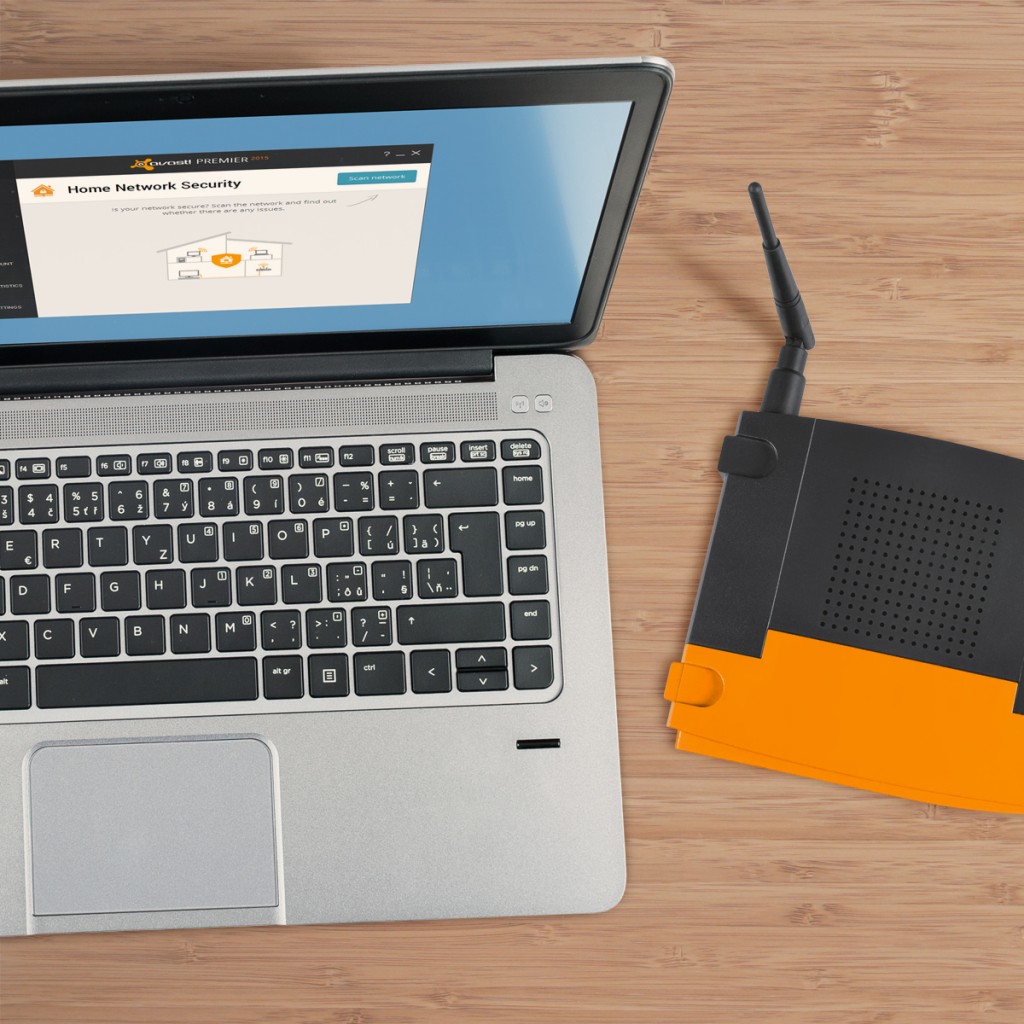Red Hat Enterprise Linux: Updated packages that disable SSLv2/3 usage are now available
for Red Hat Enterprise MRG 2.5 for Red Hat Enterprise Linux 5.
Monthly Archives: December 2014
RHBA-2014:1949-1: chromium-browser bug fix and enhancement update
Red Hat Enterprise Linux: Updated chromium-browser packages that fix several bugs and add various
enhancements are now available for Red Hat Enterprise Linux 6 Supplementary.
USN-2431-1: mod_wsgi vulnerability
Ubuntu Security Notice USN-2431-1
3rd December, 2014
mod-wsgi vulnerability
A security issue affects these releases of Ubuntu and its
derivatives:
- Ubuntu 14.10
- Ubuntu 14.04 LTS
- Ubuntu 12.04 LTS
Summary
mod_wsgi could be made to run programs with incorrect privileges.
Software description
- mod-wsgi
– Python WSGI adapter module for Apache
Details
It was discovered that mod_wsgi incorrectly handled errors when setting up
the working directory and group access rights. A malicious application
could possibly use this issue to cause a local privilege escalation when
using daemon mode.
Update instructions
The problem can be corrected by updating your system to the following
package version:
- Ubuntu 14.10:
-
libapache2-mod-wsgi
3.5-1ubuntu0.1
-
libapache2-mod-wsgi-py3
3.5-1ubuntu0.1
- Ubuntu 14.04 LTS:
-
libapache2-mod-wsgi
3.4-4ubuntu2.1.14.04.2
-
libapache2-mod-wsgi-py3
3.4-4ubuntu2.1.14.04.2
- Ubuntu 12.04 LTS:
-
libapache2-mod-wsgi
3.3-4ubuntu0.2
-
libapache2-mod-wsgi-py3
3.3-4ubuntu0.2
To update your system, please follow these instructions:
https://wiki.ubuntu.com/Security/Upgrades.
After a standard system update you need to restart your web service to make
all the necessary changes.
References
USN-2428-1: Thunderbird vulnerabilities
Ubuntu Security Notice USN-2428-1
3rd December, 2014
thunderbird vulnerabilities
A security issue affects these releases of Ubuntu and its
derivatives:
- Ubuntu 14.10
- Ubuntu 14.04 LTS
- Ubuntu 12.04 LTS
Summary
Several security issues were fixed in Thunderbird.
Software description
- thunderbird
– Mozilla Open Source mail and newsgroup client
Details
Gary Kwong, Randell Jesup, Nils Ohlmeier, Jesse Ruderman, and Max Jonas
Werner discovered multiple memory safety issues in Thunderbird. If a user
were tricked in to opening a specially crafted message with scripting
enabled, an attacker could potentially exploit these to cause a denial of
service via application crash, or execute arbitrary code with the
privileges of the user invoking Thunderbird. (CVE-2014-1587)
Joe Vennix discovered a crash when using XMLHttpRequest in some
circumstances. If a user were tricked in to opening a specially crafted
message with scripting enabled, an attacker could potentially exploit this
to cause a denial of service. (CVE-2014-1590)
Berend-Jan Wever discovered a use-after-free during HTML parsing. If a
user were tricked in to opening a specially crafted message with scripting
enabled, an attacker could potentially exploit this to cause a denial of
service via application crash or execute arbitrary code with the
privileges of the user invoking Thunderbird. (CVE-2014-1592)
Abhishek Arya discovered a buffer overflow when parsing media content. If
a user were tricked in to opening a specially crafted message with
scripting enabled, an attacker could potentially exploit this to cause a
denial of service via application crash or execute arbitrary code with the
privileges of the user invoking Thunderbird. (CVE-2014-1593)
Byoungyoung Lee, Chengyu Song, and Taesoo Kim discovered a bad cast in the
compositor. If a user were tricked in to opening a specially crafted
message, an attacker could potentially exploit this to cause undefined
behaviour, a denial of service via application crash or execute abitrary
code with the privileges of the user invoking Thunderbird. (CVE-2014-1594)
Update instructions
The problem can be corrected by updating your system to the following
package version:
- Ubuntu 14.10:
-
thunderbird
1:31.3.0+build1-0ubuntu0.14.10.1
- Ubuntu 14.04 LTS:
-
thunderbird
1:31.3.0+build1-0ubuntu0.14.04.1
- Ubuntu 12.04 LTS:
-
thunderbird
1:31.3.0+build1-0ubuntu0.12.04.1
To update your system, please follow these instructions:
https://wiki.ubuntu.com/Security/Upgrades.
After a standard system update you need to restart Thunderbird to make
all the necessary changes.
References
USN-2432-1: GNU C Library vulnerabilities
Ubuntu Security Notice USN-2432-1
3rd December, 2014
eglibc, glibc vulnerabilities
A security issue affects these releases of Ubuntu and its
derivatives:
- Ubuntu 14.10
- Ubuntu 14.04 LTS
- Ubuntu 12.04 LTS
- Ubuntu 10.04 LTS
Summary
The GNU C Library could be made to crash or run programs.
Software description
- eglibc
– GNU C Library - glibc
– GNU C Library
Details
Siddhesh Poyarekar discovered that the GNU C Library incorrectly handled
certain multibyte characters when using the iconv function. An attacker
could possibly use this issue to cause applications to crash, resulting in
a denial of service. This issue only affected Ubuntu 10.04 LTS and Ubuntu
12.04 LTS. (CVE-2012-6656)
Adhemerval Zanella Netto discovered that the GNU C Library incorrectly
handled certain multibyte characters when using the iconv function. An
attacker could possibly use this issue to cause applications to crash,
resulting in a denial of service. (CVE-2014-6040)
Tim Waugh discovered that the GNU C Library incorrectly enforced the
WRDE_NOCMD flag when handling the wordexp function. An attacker could
possibly use this issue to execute arbitrary commands. (CVE-2014-7817)
Update instructions
The problem can be corrected by updating your system to the following
package version:
- Ubuntu 14.10:
-
libc6
2.19-10ubuntu2.1
- Ubuntu 14.04 LTS:
-
libc6
2.19-0ubuntu6.4
- Ubuntu 12.04 LTS:
-
libc6
2.15-0ubuntu10.9
- Ubuntu 10.04 LTS:
-
libc6
2.11.1-0ubuntu7.19
To update your system, please follow these instructions:
https://wiki.ubuntu.com/Security/Upgrades.
After a standard system update you need to reboot your computer to make all
the necessary changes.
References
Cart66 Lite WordPress Ecommerce 1.5.1.17 SQL Injection
Cart66 Lite WordPress Ecommerce version 1.5.1.17 suffers from a remote blind SQL injection vulnerability.
12 ways to boost your router’s security
 With the increasing number of network security breaches, we need to improve awareness regarding the security of your home network.
With the increasing number of network security breaches, we need to improve awareness regarding the security of your home network.
We simply need to follow some rules to control and prevent system penetration and also bandwidth theft (and losing money!). Safeguard your valuable information available through your home wireless connection and do not be easy target for hackers!
Here are 12 ways to boost your router’s security:
- 1. Install your router in a safe place where the wireless signal is available only inside your own house. Avoid placing it near to a window.
- 2. Turn off WPS, the automated network configuration method that makes your wireless password more vulnerable to hacker attacks.Turn on WPA2 encryption and, if you can, protect it with a strong password.
- 3. Change the default admin username and password to a strong password. Do not use default passwords because they’re generated from well-known algorithms that makes hacker attacks even easier. Do not use your name, date of birth, home address or any personal information as the password.
- 4. Upgrade your router firmware to fix known vulnerabilities of the router.
- 5. Don’t forget to log out after managing the router, avoiding abuse of the authenticated browser sessions.
- 6. Disable remote management of the router over the internet. In a business environment, if you need this management, it will be safer to use NAT rules allowing SSH or VPN access only.
- 7. To prevent CSRF attacks, don’t use the default IP ranges. Change the defaults 192.168.1.1 to something different like 10.8.9.7.
- 8. Prevent ROM-0 abuse (i.e., access to the secret data stored in your router: your ADSL login/password combination and WiFi password) of your router and forward port 80 on the router to and non-used IP address on your network. Check how-to here.
- 9. Set your router DNS servers to automatic mode (or DHCP) or for a static value that you manually set exactly according to your ISP.
- 10. Disable IPv6 on the router or, if you really need IPv6 services, replace the router with a IPv6 certified one.
- 11. You can save bandwidth and allow only specific computers or devices to access your WiFi even if they have the security key to enter. Find the computer MAC address (the “physical address” listed with the command line ipconfig/all at a cmd window). Into your router settings, you should look for the Mac filtering settings to add this identifier there.
- 12. Use a secure VPN in open/public WiFi hotspots. You can read more on how Avast SecureLine can protect PC, Mac and Android devices in these situations. If you cannot avoid using public WiFi, then try not to log in or enter your credentials (specially banking or credit card ones), but also your email and phone number. If you really need it, always prefer the secure protocol HTTPS (check the browser address bar).
Avast Software’s security applications for PC, Mac, and Android are trusted by more than 200-million people and businesses. Please follow us on Facebook, Twitter and Google+.
Google Document Embedder 2.5.16 SQL Injection
Google Document Embedder version 2.5.16 suffers from a mysql_real_escape_string bypass SQL injection vulnerability.
DSA-3088 qemu-kvm – security update
Paolo Bonzini of Red Hat discovered that the blit region checks were
insufficient in the Cirrus VGA emulator in qemu-kvm, a full
virtualization solution on x86 hardware. A privileged guest user could
use this flaw to write into qemu address space on the host, potentially
escalating their privileges to those of the qemu host process.
DSA-3090 iceweasel – security update
Multiple security issues have been found in Iceweasel, Debian’s version
of the Mozilla Firefox web browser: Multiple memory safety errors, buffer
overflows, use-after-frees and other implementation errors may lead to
the execution of arbitrary code, the bypass of security restrictions or
denial of service.
